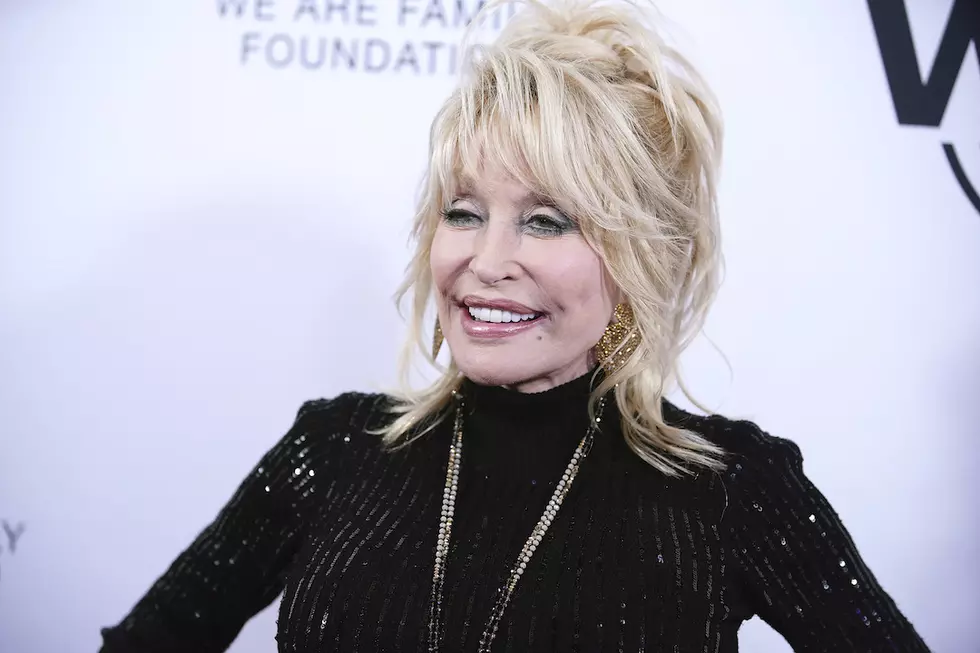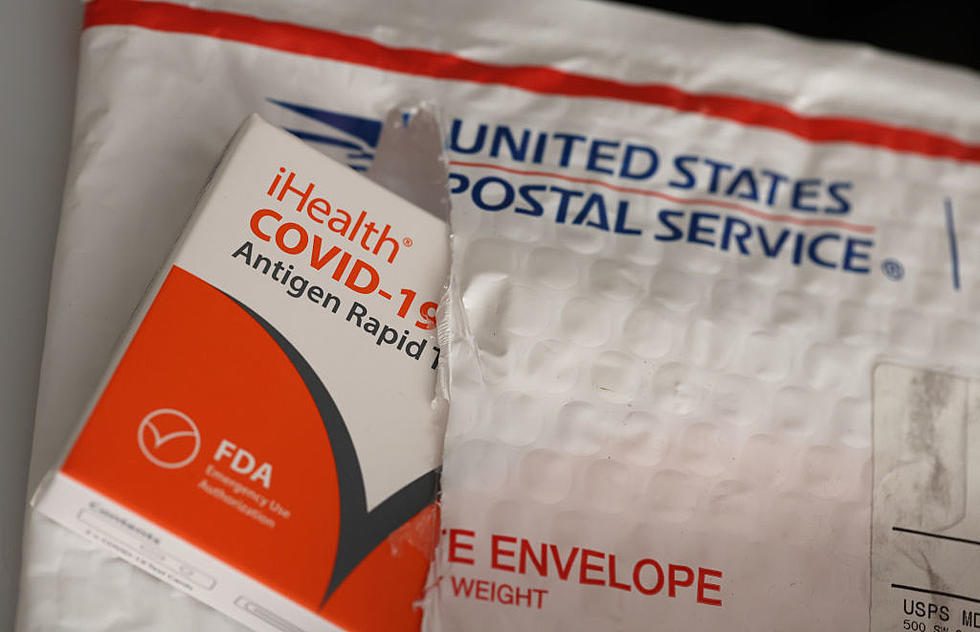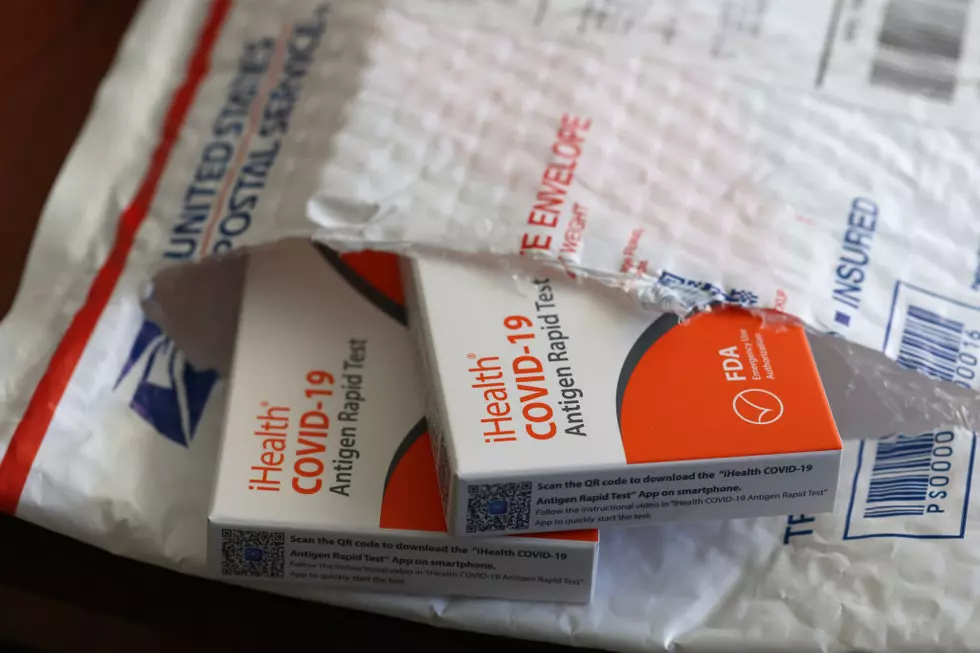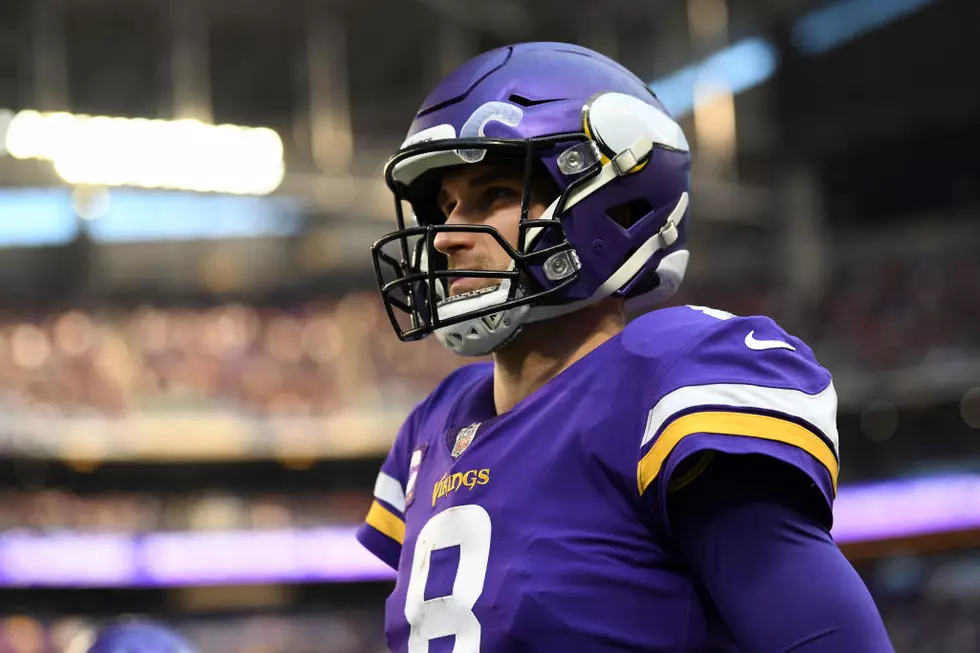
Dolly Parton’s COVID-19 Research Donation Helps Fund Leading Vaccine Candidate
Dolly Parton's springtime donation to COVID-19 research at Nashville's Vanderbilt University Medical Center made a big impact: The $1 million from the country icon partially funded work that helped develop one of the leading vaccine candidates in the fight to end the pandemic.
Parton's friend, Dr. Naji N. Abumrad of the Vanderbilt Institute for Infection, Immunology and Inflammation, shared with the singer "that they were making some exciting advancements towards research of the coronavirus for a cure,” Parton explained when she announced her donation and encouraged others to give if they could, too. That research, per the New England Medical Journal, helped the biotechnology company Moderna develop its COVID-19 vaccine, which has proven to be 94.5 percent effective against the virus.
Dr. Abumrad tells the Washington Post that it was Parton who came to him asking about advancements in the fight against COVID-19. After he shared a bit about their work, Parton "suggested" that she'd like to donate to help.
“Her work made it possible to expedite the science behind the testing. Without a doubt in my mind, her funding made the research toward the vaccine go 10 times faster than it would be without it," Dr. Abumrad says, calling Parton "the kindest and most philanthropic human being" and adding, "Honestly, I never had to ask for her support for the research."
To Today, Parton reflected, "I’m just happy that anything I do can help somebody else, and when I donated the money to the COVID fund, I just wanted it to do good.
"Evidently, it is," she added. "Let’s just hope we find a cure real soon.”
Fans on social media have heaped praise on Parton since the news of her involvement in vaccine research broke:
According to CNN, Moderna's COVID-19 vaccine was given to 15,000 trial participants, only five of whom developed the virus over the course of several months; none of those five became severely ill. Conversely, of the 15,000 trial participants who received a placebo, 90 developed COVID-19, 11 of whom developed a severe form of the virus.
Per Moderna, the vaccine did not produce any serious side effects, though a small percentage of the participants who received it developed head and body aches. The company plans to apply for authorization of the vaccine through the U.S. Food and Drug Administration "soon," after compiling additional safety data.
The Moderna COVID-19 vaccine is one of two promising options. Another, developed by Pfizer, is proving more than 90 percent effective against the virus, according to early research data. Moderna's vaccine, however, may prove more practical, as it can be stored at -4 degrees Fahrenheit — a common temperature for storing vaccines — instead of -103 degrees Fahrenheit, as is required for the Pfizer vaccine.
Country Stars Who've Battled the Coronavirus:
More From B105










